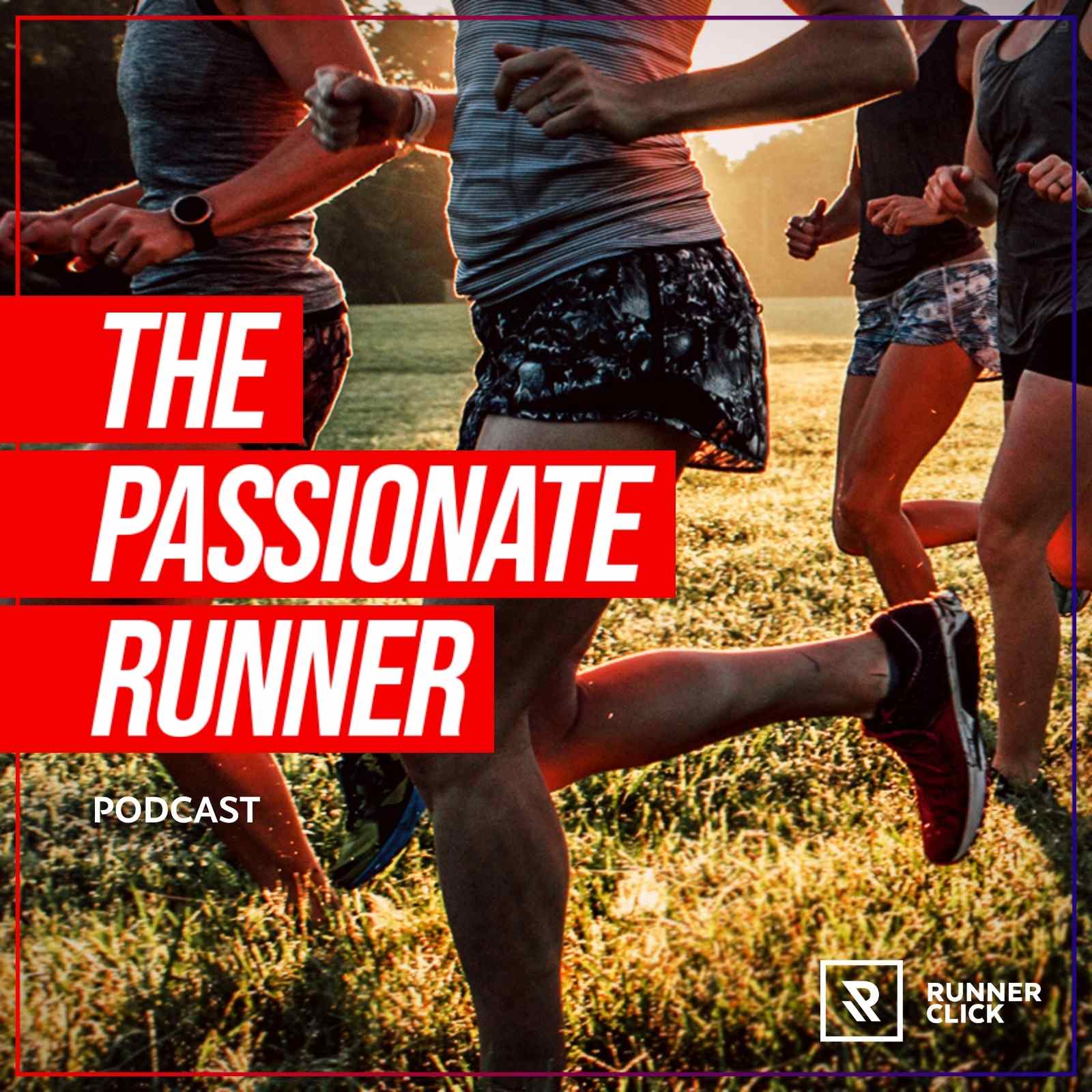004 Laura Norris - Breaking Down the Science of Running
Episode Summary
In this episode, Whitney welcomes writer, microbusiness owner and certified running coach Laura Norris. Laura is an amazing wealth of knowledge when it comes to the science of running. In fact, she has served as a mentor to Whitney and a co-coach for her athletes at The Mother Runners. She coaches adult recreational runners from beginners to Boston Qualifiers to 50K runners. She even qualified for Boston twice herself! Her areas of expertise include physiology, marathon training and long-term sustainability in sport. Today, Whitney and Laura dive deep into the science of running, from anaerobic and aerobic training regiments to how different types of runs help train the body’s systems to make us better runners. Laura discusses what happens to our bodies when we run and how we can use science to make us faster. Finally, Laura explains the Running Economy, Specificity of Training and why you can’t rush fitness.
Episode Sponsor
Runner Click Pro – https://pro.runnerclick.com/
Key Takeaways
00:42 – Whitney Hines introduces today’s guest, Laura Norris who joins the show to share her expertise in the science of running
10:53 – The many different systems the body utilizes for energy
14:53 – How different types of running help us train our body’s systems to become more efficient runners
18:08 – Developing a program for marathon training and how it differs from training for a shorter race like a 5K
21:47 – Specificity of training
24:23 – Advice for those starting out as a new runner
25:45 – How heart rate correlates to different types of runs and rate of perceived effort (RPE)
29:23 – What happens when you make the mistake of going too hard during your run and how Laura keeps her athletes in check
34:18 – The Running Economy, explained
38:58 – Why you can’t rush your fitness
42:04 – How Laura trains athletes who are struggling with their speed
45:40 – Common pitfalls Laura sees athletes make that hurt their performance
49:07 – A great goal for beginner runners
50:31 – Whitney thanks Laura for joining the show and lets listeners know where to follow her
Tweetable Quotes
“I think the biggest thing that gets lost with people is you do lose that musculoskeletal fitness and that neuromuscular fitness much more quickly than say metabolic and cardiorespiratory adaptations. So a lot of people will lose the strength and elasticity of their tendons and that’s why sometimes when people come back too soon after a hiatus they get injured again.” (10:19)
“If you are doing anything below a 5K or longer, you’re gonna be predominantly anaerobic. Once you hit the marathon, it is almost one hundred percent aerobic energy, very little anaerobic going on. So that informs how a majority of the training should be. A majority of the training should maximize your aerobic systems. And that’s where easy runs come in.” (18:30)
“Heart rate can generally correspond with ventilatory rate. And ventilatory rate is more reliable than heart rate, I think.” (27:21)
“I think it’s first and foremost important to think about Running Economy as this multi-faceted thing. Essentially Running Economy is how efficiently you use the oxygen you consume.” (34:38)
“You always have to train where your fitness is, not where you want your fitness to be. Because, quite simply, if you’re trying to train your fitness to where you want it to be and you’re not there yet, you’re gonna be working all the wrong systems when you do workouts.” (39:44)
“Thirty minutes is where you get a lot of great health benefits from running. That’s where you’re going to improve your insulin sensitivity. That’s where you’re going to make your heart healthier and stronger. That’s where you’re gonna improve lung health. So, that’s always a great goal for beginner runners.” (50:00)
Links Mentioned
Whitney’s LinkedIn – https://www.linkedin.com/in/whitney-heins-02ba3b5
The Mother Runners Club – https://www.themotherrunners.com/
Laura’s Website - https://lauranorrisrunning.com/
Laura’s Twitter - https://twitter.com/lauranorrisrun
🎙️🎙️🎙️
Podcast Production by FullCast
